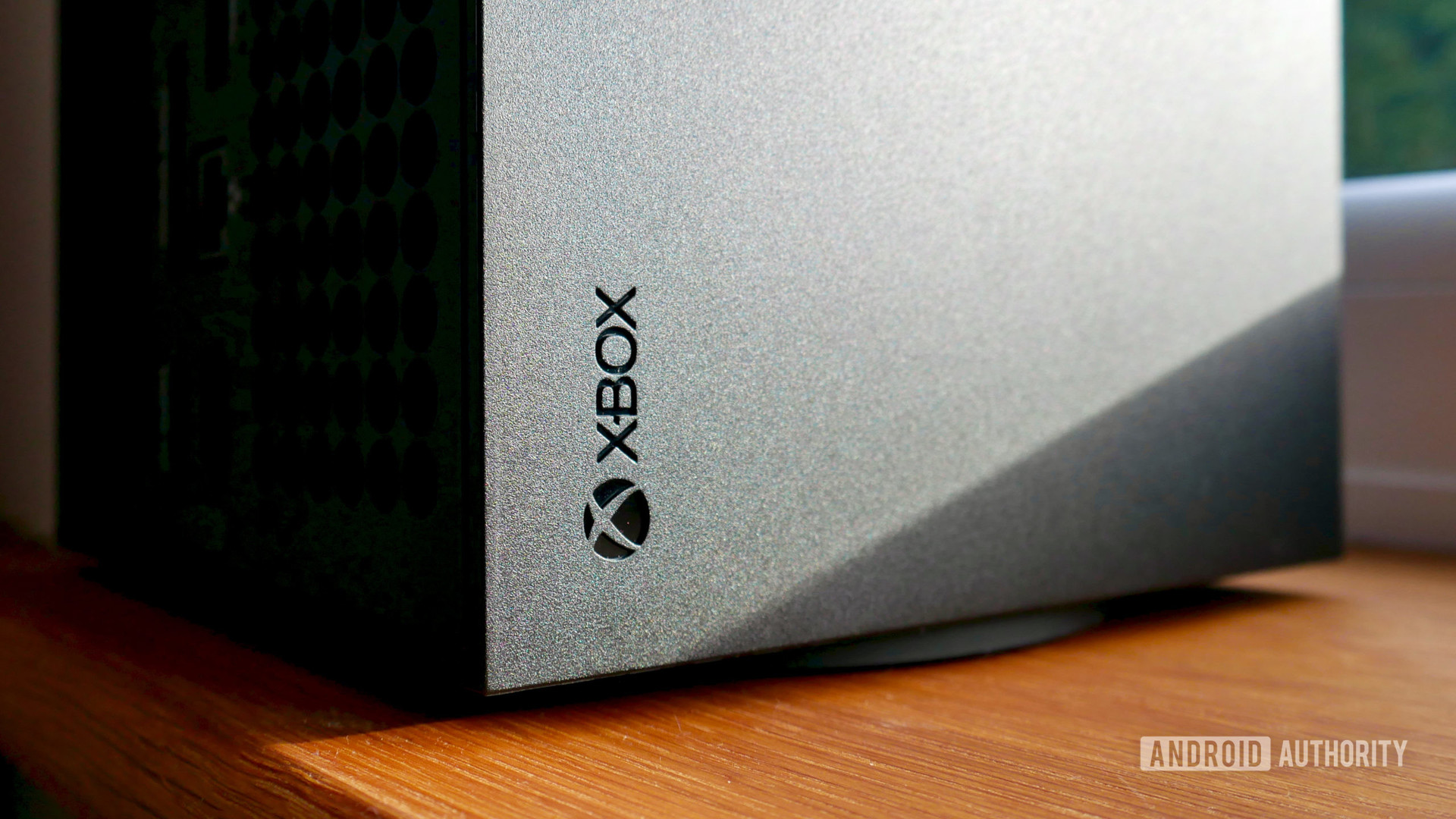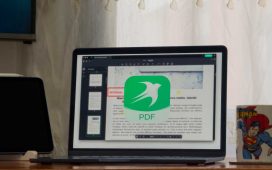
Oliver Cragg / Android Authority
TL;DR
- Microsoft is reportedly deprioritizing work on a native Xbox handheld.
- Instead, it will focus on improving Windows on third-party handhelds.
- The native Xbox handheld was expected in 2027 alongside next-gen consoles.
The handheld wars are heating up, as Steam OS is finally widely available on third-party handhelds. Early comparisons between Steam OS and Windows on the same hardware have shown a large gap in performance, with Windows’ considerable overhead causing it to lag behind. Microsoft has taken note of this, and it’s reportedly shifting focus to try to keep up.
Yesterday, sources within Microsoft (via Windows Central) revealed that the company announced internally that it will shift priorities away from Xbox handhelds to improve the Windows experience on third-party hardware. Importantly, this will not delay the “Project Kennan” handheld being created in partnership with ASUS. That device is still slated for release later this year, and it may be the first to feature these Windows optimizations.
However, the next-gen Xbox handheld that the company has been working on will be shelved. New rumors indicate this was indeed a native Xbox handheld, and not a Windows-based device. It was previously rumored to release in 2027 alongside the follow-up to the Xbox Series X/S home consoles.
This is bittersweet news for Xbox fans, as a native Xbox handheld would have featured improved backwards compatibility with games from the Xbox/Xbox 360 era. A major selling point of the Xbox Series X/S was full compatibility with the entire Xbox catalog, with improvements in framerates and graphics thanks to more powerful hardware.
Steam OS is increasingly becoming a threat to Windows handhelds.
The Linux-based Steam OS was designed specifically for gaming handhelds, giving it a distinct advantage over Windows. With less overhead and bloat, it outperforms similarly spec’d Windows handhelds with a much more user-friendly interface and experience.
The main advantage of Windows handhelds is improved compatibility. In theory, any PC game can be played on a Windows handheld, including the ever-expanding catalog of PC Game Pass games. Windows handhelds were typically more powerful than the Steam Deck, but now that Steam OS has expanded beyond Valve’s own hardware, the scales have shifted.
Time will tell whether these renewed efforts to improve Windows on handhelds can make a difference. If not, Steam OS may occupy an even bigger share of the premium gaming handheld market.








